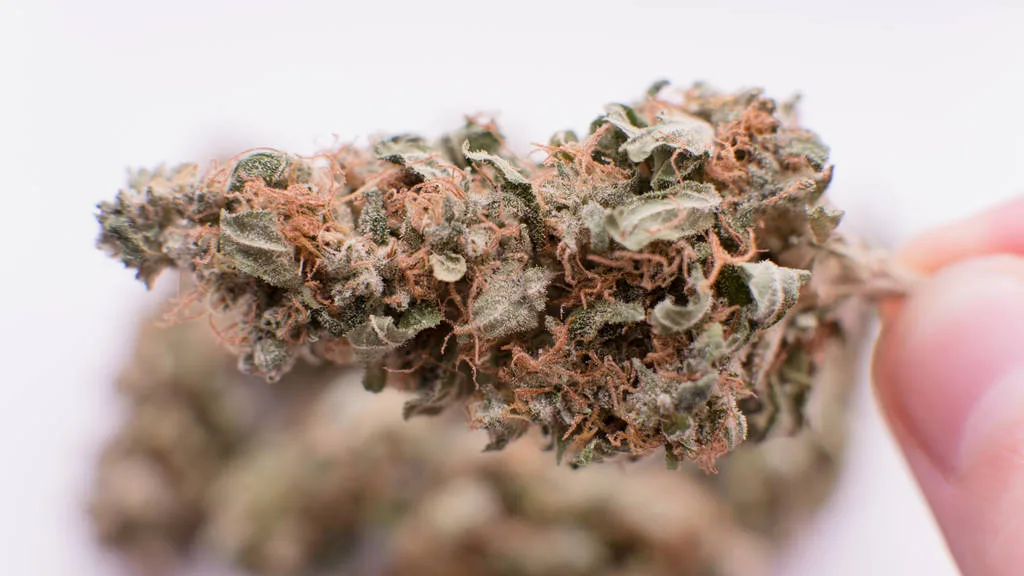New polling shows a strong majority of Pennsylvania voters support legalizing recreational marijuana.

According to the newest Franklin & Marshall College Poll, 63% of registered voters in the state want recreational marijuana to be legal, including 44% who answered “Definitely yes” to being in support of the move.
Specifically, participants were asked “Do you think the use of recreational marijuana should be made legal, or not?”
44% of respondents said “Definitely yes”, with 19% saying “Probably yes”. Just 22% said “Definitely no”, with 11% saying “Probably no” and 3% stating that they “Do not know”.
The survey included 1,006 particpants, all registered Pennsylvania voters who were polled between January 17 and 28. The poll has a margin of error of +/-3.6%.
Below is the poll’s methodology:
The survey findings presented in this release are based on the results of interviews conducted January 17 – 28, 2024. The interviews were conducted at the Center for Opinion Research at Franklin & Marshall College. The data included in this release represent the responses of 1,006 registered Pennsylvania voters, including 450 Democrats, 414 Republicans, and 142 Independents.[1] The sample of voters was obtained from Aristotle. All sampled respondents were notified by mail about the survey. Interviews were completed over the phone and online depending on each respondent’s preference. Survey results were weighted (age, gender, education, geography, vote history, and party registration) using an iterative weighting algorithm to reflect the known distribution of those characteristics. Estimates for age, geography, and party registration are based on active voters within the Pennsylvania Department of State’s voter registration data. Gender and education are estimated using data from the November 2022 CPS Voter Registration Supplement.
The sample error for this survey is +/- 3.6 percentage points when the design effects from weighting are considered. The sample error for questions based on subgroups is larger.[2] In addition to sampling error, this poll is also subject to other sources of non-sampling error. Generally speaking, two sources of error concern researchers most. Non-response bias is created when selected participants either choose not to participate in the survey or are unavailable for interviewing. Response errors are the product of the question and answer process. Surveys that rely on self-reported behaviors and attitudes are susceptible to biases related to the way respondents process and respond to survey questions.







